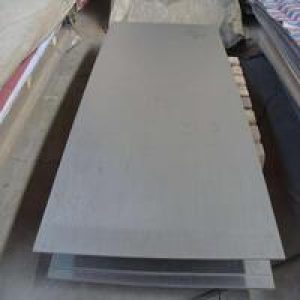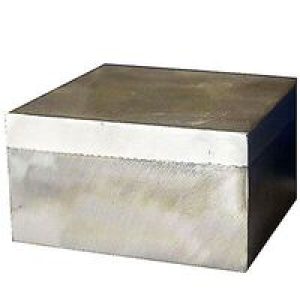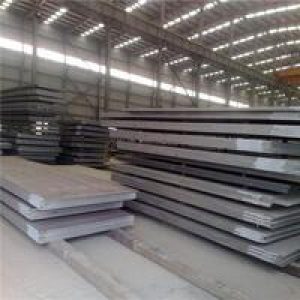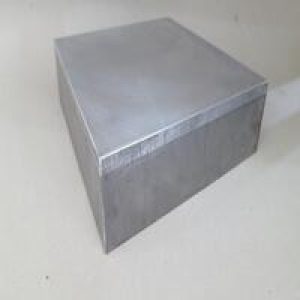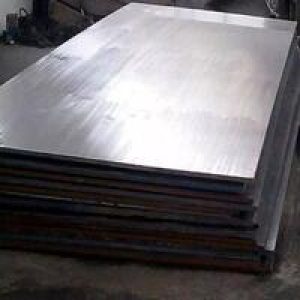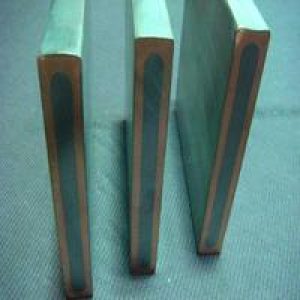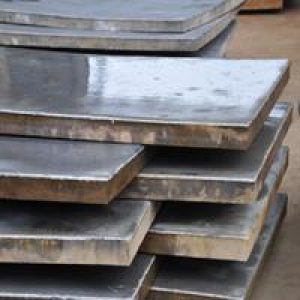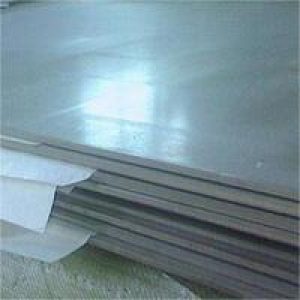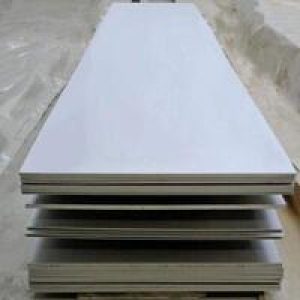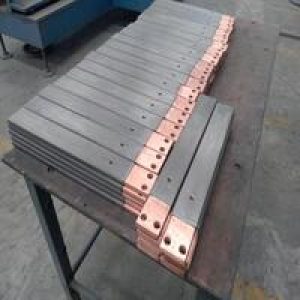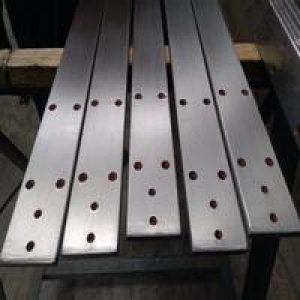-
Titanium Steel Composite Plate
brother bs Plancha De Acero Inoxidable steel decoration sheet Yellow titanium black mirror series 1 2 3 charlie brooker
-
Titanium Steel Composite Plate
Black titanium stainless steel 403 1.0MM 1.2mm black mirror series 4 Gold Mirror Finish Stainless Steel Sheet
-
Titanium Steel Composite Plate
Mirror Finish Titanium Gold Color Coated Stainless Steel Sheet
-
Titanium Steel Composite Plate
201 304 316 430 Metal Color Sheet Titanium Gold Mirror Stainless Steel Plate Decorative Steel Sheet
-
Titanium Steel Composite Plate
Titanium No.4 304s 301 Per Kg 309s Stainless Steel Plate
-
Titanium Steel Composite Plate
ASTM Gold Rose Gold Titanium Gold 201 304 316 316L Golden Mirror Stainless Steel Sheet
-
Titanium Steel Composite Plate
304 201 430 Titanium Coated Stainless Steel Sheet Red Copper Hairline Metal Sheet Gold Plate
-
Titanium Steel Composite Plate
Stainless titanium coated Corrugated steel metal roofing sheet 0.55 plant size 30g siding malaysia
-
Titanium Steel Composite Plate
Foshan 201/304 Titanium Rose Gold Brushed Stainless Steel Colored Stainless Steel Brushed Decorative Plate
-
Titanium Steel Composite Plate
Foshan 304/201 titanium sapphire blue water corrugated plate stainless steel color plate hotel ktv decorative plate
-
Titanium Steel Composite Plate
201Mirror sandblasting frosted stainless steel plate black titanium rose gold champagne gold matte
Titanium Steel Composite Plate
Overview of Titanium steel composite plates
Titanium steel composite plates represent a high-performance material combination, leveraging titanium’s exceptional corrosion resistance and steel’s strength and cost-effectiveness. These plates are engineered for demanding applications in industries like aerospace, marine, chemical processing, and biomedical.
Feature of Titanium steel composite plates
Titanium Layer Thickness: The thickness of the titanium layer, typically ranging from 0.1mm to a few millimeters, is selected based on the required corrosion protection and surface properties.
Steel Substrate: The steel substrate can be mild steel, stainless steel, or high-strength steel, chosen for its mechanical strength, cost, or specific application requirements. The thickness of the steel layer is determined by structural needs.
Bonding Technology: The bonding method between titanium and steel layers is crucial, often involving explosive bonding, roll bonding, or diffusion bonding, each offering distinct advantages in terms of bond strength, uniformity, and process efficiency.
Surface Finish: The titanium surface can be finished in various ways, including polished, blasted, or coated, to enhance aesthetics or specific functional properties such as reducing friction or increasing biocompatibility.
Dimensional Stability: Composite plates must exhibit minimal distortion during processing and in service, which is influenced by material selection, bonding method, and thermal treatments.
Corrosion Resistance: The titanium layer provides exceptional resistance to corrosion, protecting the underlying steel in harsh environments. Specific testing (e.g., salt spray test) is often conducted to quantify this property.
Mechanical Properties: The composite’s tensile strength, yield strength, and toughness are determined by the properties of both titanium and steel layers and their interaction. These are critical for load-bearing applications.
Formability and Machinability: The composite’s ability to be formed or machined into complex shapes is influenced by the composite’s thickness, layer structure, and the choice of steel substrate.
Heat Treatment: Post-bond heat treatments may be necessary to relieve residual stresses, improve bond strength, or adjust the microstructure for optimized performance.
Weight-to-Strength Ratio: The combination of titanium and steel aims to achieve a favorable balance between weight and strength, making these plates suitable for applications where weight reduction is crucial.
Non-Destructive Testing (NDT): Techniques like ultrasonic testing, radiography, or eddy current testing are employed to inspect the bond quality and detect any defects without damaging the composite.
Specifications Table of Titanium Steel Composite Plate
Material Composition Titanium Grade 1/2, Q235/Q345 Steel
Thickness Range Titanium Layer: 0.5mm – 3mm, Steel Layer: 5mm – 100mm
Width Up to 3000mm
Length Up to 12000mm
Bonding Strength ≥200 MPa (Roll Bonding Method)
Surface Treatment Pickled, Polished, or as Required
Applications of Titanium Steel Composite Plate
Titanium steel composite plates find extensive use across multiple industries:
Chemical Processing: For equipment exposed to aggressive chemicals.
Oil & Gas: In offshore platforms and pipelines where corrosion resistance is critical.
Marine Engineering: Shipbuilding and structures subjected to saltwater environments.
Power Generation: In heat exchangers and condensers at power plants.
Environmental Protection: Wastewater treatment facilities require materials resistant to corrosive elements.
Company Profile
Metal Plates 4u is a trusted global metal material supplier & manufacturer with over 12-year-experience in providing super high-quality metal clad and relatives products.
The company has a professional technical department and Quality Supervision Department, a well-equipped laboratory, and equipped with advanced testing equipment and after-sales customer service center.
If you are looking for high-quality metal alloy clad and relative products, please feel free to contact us or click on the needed products to send an inquiry.
Payment Methods
L/C, T/T, Western Union, Paypal, Credit Card etc.
Shipment
It could be shipped by sea, by air, or by reveal ASAP as soon as repayment receipt.
5 FAQs of Titanium Steel Composite Plate
Q: What are the primary benefits of using titanium steel composite plates? A: They offer an optimal blend of titanium’s corrosion resistance and steel’s strength at a lower cost compared to solid titanium plates.
Q: Can titanium steel composite plates be used in high-temperature environments? A: Yes, depending on the steel grade used, they can withstand high temperatures, although specific limits depend on the application.
Q: How does the roll bonding process affect the quality of titanium steel composite plates? A: Roll bonding creates a metallurgical bond between layers, ensuring high bonding strength and uniformity across the plate.
Q: Are there any limitations to the size of titanium steel composite plates available? A: While large sizes are possible, the maximum dimensions depend on manufacturing capabilities and specific requirements.
Q: What maintenance do titanium steel composite plates require? A: Due to their corrosion-resistant nature, they require minimal maintenance; regular inspections for damage and cleaning as necessary are recommended.

